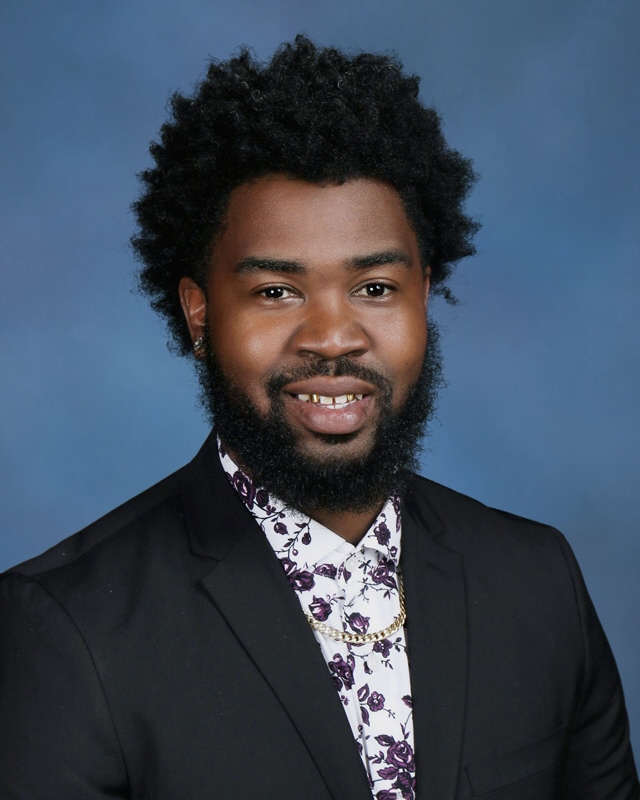2024 Teacher of the Year Semi-Finalist Leonard Smith
5/6/2024

How you became an educator and anything you've learned along the way that has stuck with you.
I started volunteering at a special needs school in college with a few teammates during the football off-season. I fell in love with the work, and after I graduated, I became an ESE paraprofessional at an elementary school. That's where my teaching journey really began. One vital lesson I've learned along the way is that each student is unique in how they respond to teaching methods and stimuli. The most effective strategy I've found as an educator is to really get to know your students and build strong, individual relationships with them. This personalized approach has proven indispensable in fostering their growth and development.
Your work as a behavior interventionist.
As a behavior interventionist, my impact at the school has been significant. I focus on understanding each student's unique needs and developing strategies to help them. This role is crucial in creating a safer and more inclusive environment where every student feels supported.
One of the main impacts of my work is the improvement in overall student behavior, leading to a more positive atmosphere and fewer classroom disruptions. This allows teachers to focus more on teaching and helps students focus better on learning. Additionally, my interventions help students develop important coping and social skills, crucial for both their academic success and personal growth.
I also support teachers by providing strategies to manage challenging behaviors, which enhances the quality of education for all students. Moreover, I work with families to ensure they understand their children's needs and how to support them at home, strengthening the home-school connection.
Overall, my role as a behavior interventionist helps build a more supportive and effective school culture that benefits everyone in the school community.
As a behavior interventionist, my work centers around not just managing challenging behaviors but also reinforcing positive ones. This dual approach is essential for creating a balanced and supportive educational environment.
When handling bad behavior, I use evidence-based strategies tailored to each student's specific needs. This might involve setting clear expectations, using de-escalation techniques, or implementing behavior intervention plans that focus on understanding the root causes of behaviors rather than just addressing the symptoms.
My aim is always to transform negative behaviors into learning opportunities for students, helping them to develop better self-regulation and decision-making skills.
On the flip side, rewarding good behavior is equally crucial. I make a concerted effort to recognize and reinforce positive actions as often as possible. This might be through verbal praise, positive notes home, or a rewards system that motivates students to sustain their good behavior. These positive reinforcements help build a student's self-esteem and encourage a continued desire to behave well.
Additionally, I work closely with teachers to ensure these strategies are consistent across all settings, not just in specific intervention sessions. This consistency helps students understand that their good behavior is noticed and valued throughout their school experience, which strengthens the overall educational environment.
Overall, my work as a behavior interventionist involves a balanced focus on correcting challenging behaviors while also promoting and rewarding positive ones, thereby fostering an environment where all students can thrive.